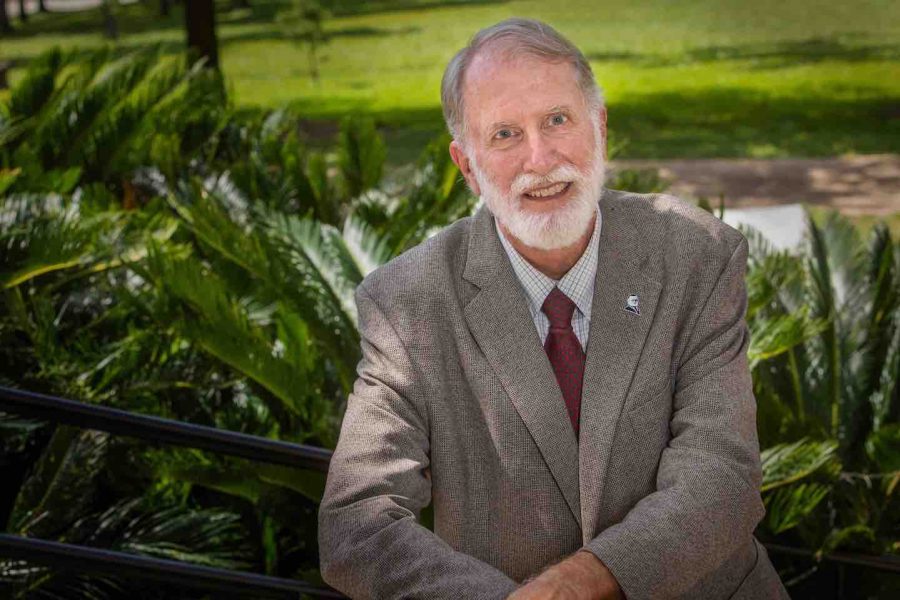
Cronyism between the economic political elite is a threat to national prosperity, a Florida State University researcher argues in a new book.
Randall Holcombe, DeVoe Moore Professor of Economics, says that keeping those with economic power from obtaining political power is necessary to maintain the economic progress the world has seen since the beginning of the Industrial Revolution. He discusses the idea in his latest book, "Coordination, Cooperation and Control: The Evolution of Economic and Political Power," which builds on Holcombe's decades of research on the effects of government on the economy.
"When the same people have both political and economic power, the result is stagnation," he said. "Conversely, when those who have economic power do not have political power, the result is progress."
Holcombe pointed toward countries like Venezuela, Cuba and North Korea for examples where those with political power have used it to gain economic power, resulting in stagnation. The consequences are decreased opportunities for all but the political elite, and a diminished quality of life, Holcombe said.
The book takes a historical look at the relationship of economics and political power, beginning with agrarian economies and their evolution into commercial societies in which the ownership of capital superseded that of land. That evolution has facilitated the mobility of human beings around the globe, promoted entrepreneurship and innovation and increased living standards, Holcombe said.
"The mobility of capital has really helped to separate economic from political power," he said. "But there is always the temptation for those with economic power to use it to buy political power. That is how cronyism develops. Recognition of the problem spans the political spectrum from the left to the right. There's agreement about the problem; where the disagreement comes is what we should do about it."
A system of checks and balances like those in the U.S. Constitution is a good place to start, he added. "Some people with power check others with power. You can't expect the powerless to check the powerful, even if the powerful are way outnumbered."
"I think checks and balances are still working here; the United States is a prosperous country with a growing economy, but we also face threats from the economic and political elite conspiring for their benefit at the expense of the general public," he said. "We just take it for granted that we are a free country and things will go on as they have in the past, but things can change, sometimes suddenly."
Holcombe added: "I am not saying that's on the horizon. I tend to be optimistic but the fact that we have increasing cronyism in the U.S. means there is a threat, and it suggests that we haven't found the perfect answer."






